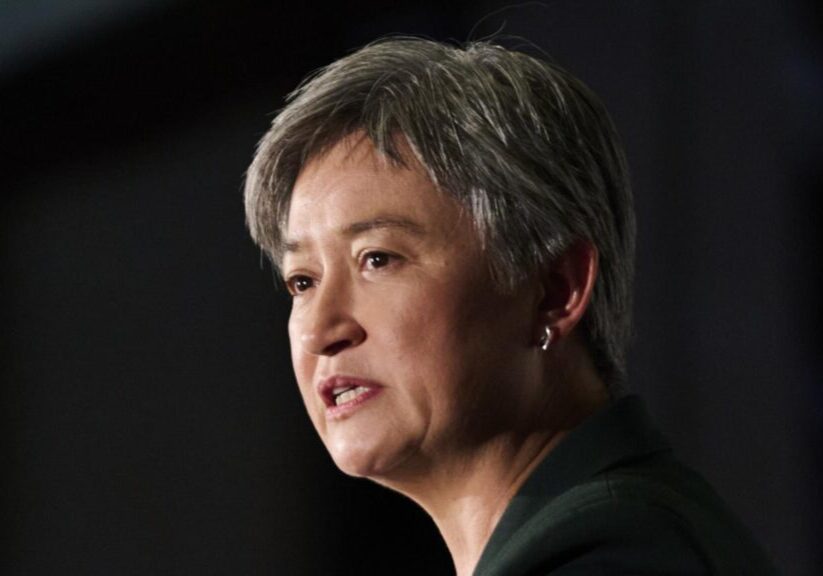IN THE MEDIA
Have the strength to defend your views
Aug 10, 2006 | Ted Lapkin
Ted Lapkin
The Courier-Mail – 10 August 2006
Ted Lapkin takes issue with the latest Jewish criticism of Israel
Public debate is not a one-way street.
For someone who accuses Israel of suffering from an exaggerated sense of victim-hood, freelance journalist Antony Loewenstein (whose work appeared in Perspectives on Monday) is afflicted by his own case of raging paranoia.
He claims to be suffering from a concerted campaign by the Zionist lobby to restrict debate on the Middle East. But Loewenstein has still been able to voice his complaint on national TV and the opinion pages of major Australian newspapers.
He has two book contracts and writes regularly for a variety of print and online publications. By any reasonable standard he has received a very good run, indeed.
It is this contradiction between what he says, and where he says it, that taints Loewensteins lamentations with a distinct tone of petulance. And he seems remarkably thin-skinned for someone who has voluntarily entered the rough and tumble of political debate on one of the most contentious issues of the day.
Loewenstein complains of “bullying” and “intimidation” by the Australia-Israel Jewish Affairs Council. But neither I, nor my colleagues, have advocated that he should be silenced or censored.
AIJAC has critiqued his work, but we assert that right as members of a democratic society.
Loewenstein is either haplessly naive or hopelessly duplicitous about the facts of life in the political arena.
Those who venture into the realm of public policy must be willing to state their mind, take their lumps and stand their ground. The marketplace of political ideas is a tempestuous environment, and arguments on the Middle East are more rambunctious than most.
His quickness to complain is all the more ironic in light of Loewenstein’s own paper trail of abuse towards ideological foes. He once described me as a belligerent propagandist and a racist. And he accused the entire elected leadership of Australian Jewry of “bigotry, hatred and intolerance”.
Thus he is asking for licence to dish it out without taking it. He cries havoc and lets slip the dogs of polemical war against Israel, but then cries foul when similar rhetoric is returned in kind.
Loewenstein wants to sow the seeds of argument against Israel’s right to exist without reaping the whirlwind of outraged mainstream Jewish opinion. But in free societies it never works that way because the realm of public debate is not a one-way street.
Loewenstein’s anti-Zionist fervour also blinds him to the logical contradiction that is inherent to his ideology. In upholding his right to vilify Zionism, he asserts the legitimacy of speech that might cause discomfort to those who disagree. “Two competing narratives should be able to coexist within one debate,” he declares.
Fine words in support of a finer principle. But this impassioned vindication of free expression appears in the midst of Loewenstein’s 340-page attempt to demean his political opponents.
Invidious rhetoric that depicts Israel as a moral abomination suits him just fine. But anyone who has the temerity to criticise his anti-Zionist views is engaged in “slurs” that aim to “automatically silence and smear”.
And how do we nefarious Zionists work our ignoble censorious magic to stifle the open exchange of ideas on the Middle East? We do so by challenging Israel’s antagonists in the realm of ideas.
Yet Loewenstein genuinely seems to think that he should be immune to the give and take of political discourse. His hypersensitivity to criticism clashes with his defence brief for unconstrained political debate to create a whopping case of self-contradiction. And the only way he can resolve this blatant non sequitur is through the application of an ideological litmus test.
Loewenstein thus contends that solely anti-Zionist rhetoric fits the definitional bill of legitimate political debate.
And by contrast, he implies that mainstream Jewish viewpoints should be consigned to some lesser ideological category.
Ted Lapkin is director of policy analysis at the Australia/Israel and Jewish Affairs Council
Tags: Anti-Zionism











